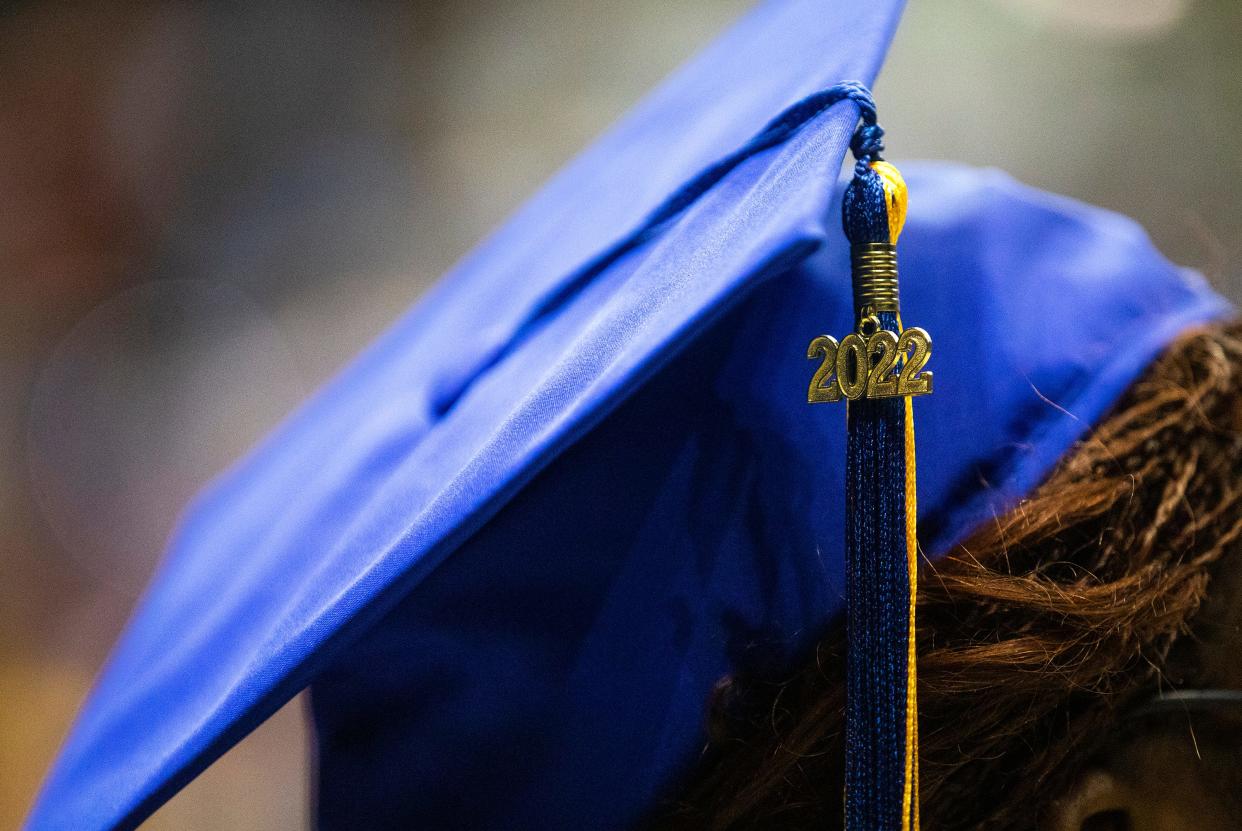The influence of cultural factors on college admissions | Opinion

Recently, one of my high-achieving friends Noah shared his desire to have immigrant parents so he could have the value of higher education instilled in him from an earlier age which in turn could impact his college admissions outcomes. His observation prompted me to reflect on how my immigrant upbringing influenced my recent college application journey.
Being a part of Tallahassee's Asian-American immigrant community where students accepted to the Ivy League and other elite institutions are treated like legends, the pressure to “win” the college application process is high.
Within this community, Art of Problem Solving, Kumon, and Math Kangaroo are all terms that have been heard by sixth grade, and the U.S. News & World Report college rankings is probably the most common Google search by ninth grade.
Recently, a a friend from a local high school told me how eighth graders were taking the AP Calculus course over the summer (generally taught to advanced 11th and 12th graders) to have the opportunity to dual-enroll at universities for even higher-level mathematics courses, and of course to boost their weighted GPAs. Meanwhile, many affectionate “Uncles” and “Aunties” (friends of parents) often ask the question “What colleges are you applying to?” as their first greeting when they see you at Costco.
To an individual examining this community from the outside, the first question asked may be “Why the emphasis on certain colleges over college education itself?” Therefore, it becomes important to analyze the backgrounds of first-generation immigrants. This group often grew up in densely populated countries where competition was fierce and where the pressure to get into an Indian Institute of Technology, Tsinghua, or Yonsei was high.
Not only could a degree from such elite institutions provide access to higher-paying jobs, it could also provide greater social mobility and even a path to coveted opportunities abroad. Perhaps the very fact that their higher education is what brought them to the United States is one of the reasons why first-gen immigrants want their children to study at top American institutions.
The cultural importance placed on higher education by immigrant communities often results in 2nd generation immigrant children having access to greater opportunities and better information from a much earlier age. It can even be argued that race and by extension cultural values play a greater role in shaping a student’s mindset than wealth.
The intersection between race and educational opportunity is something that will be crucial to understand, especially as our generation transitions into positions where we become responsible for shaping college admissions policies.

While the role of socioeconomic status in college admissions has been extensively studied, another key question we will have to grapple with is the influence of cultural values on student success. Objectively measuring the influence of these factors and then utilizing them to make a policy decision will be challenging and controversial, however, it will be necessary if we are to make college admissions as “holistic” as we would want it to be.

Ananda Chatterjee is a graduate of James S. Rickards High School's class of 2022. He will be studying political science and economics at Stanford University in the fall.
JOIN THE CONVERSATION
Send letters to the editor (up to 200 words) or Your Turn columns (about 500 words) to letters@tallahassee.com. Please include your address for verification purposes only, and if you send a Your Turn, also include a photo and 1-2 line bio of yourself. You can also submit anonymous Zing!s at Tallahassee.com/Zing. Submissions are published on a space-available basis. All submissions may be edited for content, clarity and length, and may also be published by any part of the USA TODAY NETWORK.
This article originally appeared on Tallahassee Democrat: The influence of cultural factors on college admissions | Opinion

